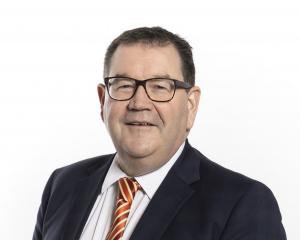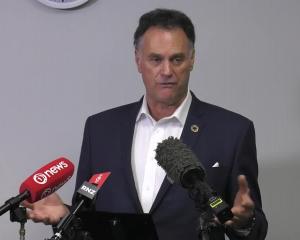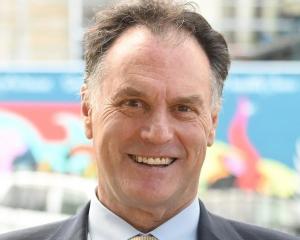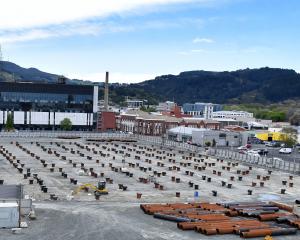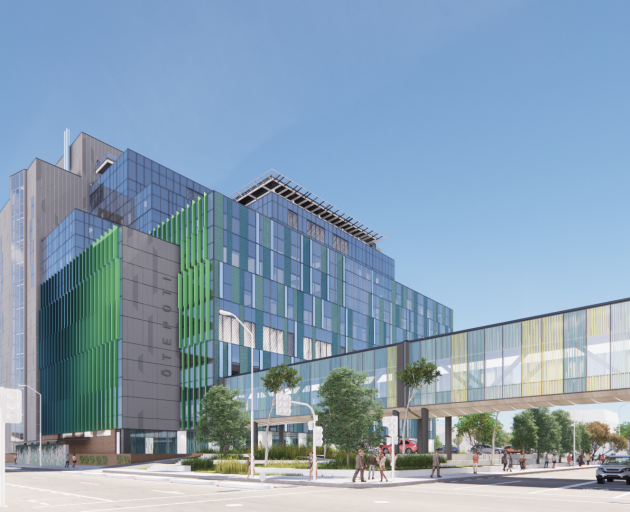

The voices of 35,000 marchers and many more thousand postcard writers, let alone local political pressure placed on coalition MPs, surely played its part.
People can pat themselves on the back a little. But this decision was mostly about money, and about how much more good should be sent after bad.
The budget for this project has run wildly out of control, partly due to questionable oversight by both the previous government and the current one, and partly because it was never realistic in the first place.
As Labour liked to say, this is - and no doubt will end up being - the most expensive health infrastructure project in New Zealand’s history. And how.
It was never likely to stay within its original budget, or its subsequent reiterations. The government will be very lucky if it actually stays within the oft-repeated $1.88 billion it now sits at.
Much of that money has already been committed to the project.
Everyone closely connected with it has, rightly, said it was too late to turn back now and Mr Brown - and most importantly Finance Minister Nicola Willis - have bowed to the inevitable.
Ms Willis has very little money for new expenditure salted away in future budgets and the last thing she and National want two years out from an election is an expensive project leaching money in seats which will not be changing hands.
But they also do not want to be patching over the holes in a plainly inadequate current hospital, at some electoral cost, while staring at the expensive piles a block over, a rusty reminder to voters of what might have been.
Hence, said Mr Brown, we have listened to common financial and political sense as much as the massed, raised voices of the people of Otago and Southland.
The first architect’s drawings of the future inpatient building will bear no resemblance to what will finally be built on the old Cadbury site.
We know the new hospital will have fewer beds than planned, but we also know the original plan was to have as many, or fewer, beds than in the current hospital, in the expectation primary care would pick up the slack.
New Zealand is already several hundreds of GPs short of its requirements and so, naturally, is the South.
Whoever is planning what goes in and what ends up being shelled will need to be working closely with WellSouth to try to avoid vital services being omitted.
Mr Brown hailed yesterday’s announcement as not being political, even as he took a swipe at Labour’s handling of the project.
But he and the government have been forced by circumstances to take an obvious and expedient political decision.
People-power did no harm in pushing the government to this point, and it costs the government little to give it the credit.
But ultimately, common sense - and dollars and cents - have resulted in this free-falling project landing at the least worst-case scenario.
That was probably the best result the South could hope for, and it is what the people of the South have helped achieve.

